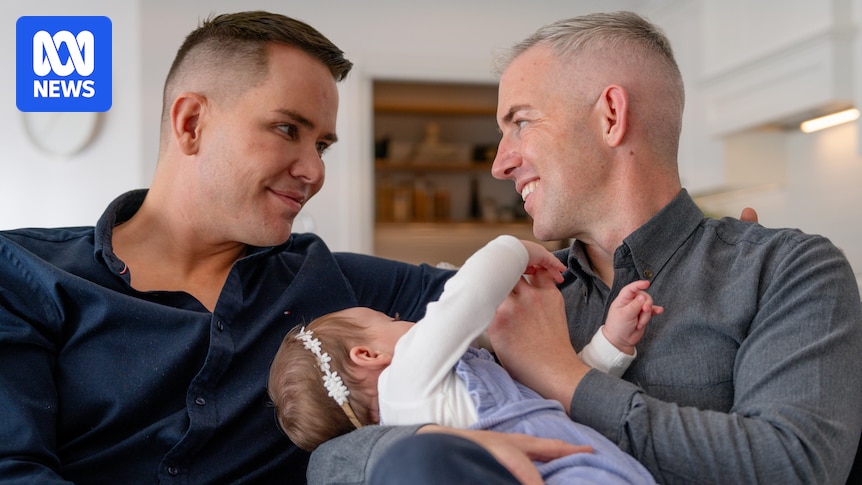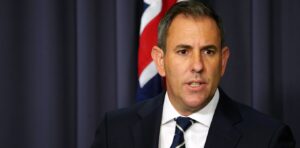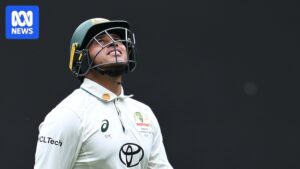
For Daniel and Michael Montgomery-Morgan, the journey to parenthood was fraught with challenges. After four years and an investment of hundreds of thousands of dollars, their daughter Spencer was finally born via an altruistic surrogate in Canada. “We really questioned whether we’re meant to be parents. It’s not a quick process,” Daniel shared.
Spencer, now seven months old, represents the culmination of a complex and emotional journey for the couple. Initially, they sought a surrogate within Australia but eventually had to look abroad. Despite their satisfaction with the Canadian process, it was not without its hurdles. “Unfortunately, we had three failed transfers, so we had to start again after two years of trying to have a baby,” Michael explained.
The Montgomery-Morgans’ story is not unique. A growing number of Australian couples are seeking surrogacy services overseas due to restrictive laws at home. This development comes as the Australian Law Reform Commission (ALRC) reviews national surrogacy laws, aiming to reduce barriers to domestic altruistic surrogacy arrangements.
Surrogacy Laws Across Australia
Australia’s surrogacy laws are a patchwork of regulations that vary by state and territory. All regions permit altruistic surrogacy, where the surrogate’s expenses are covered, but commercial surrogacy, where the surrogate is paid beyond expenses, remains illegal.
In states like Queensland and New South Wales, intended parents must demonstrate a social or medical need, and the surrogate must be at least 25 years old. Meanwhile, the Australian Capital Territory allows same-sex couples to find surrogates, but commercial surrogacy overseas is prohibited.
According to the Department of Home Affairs, 361 children born through international surrogacy arrangements acquired Australian citizenship in 2023-24, a significant increase from 222 in 2021-22. The United States, Georgia, Canada, Colombia, Ukraine, and Mexico are popular destinations for Australian couples seeking surrogates.
Ethical Debate: Commercial Surrogacy
The ethics of commercial surrogacy remain a contentious issue. Surrogacy lawyer Sarah Jefford advocates for its legalization in Australia. “Everyone else is paid, including the lawyers, the counsellors, and the clinicians,” she argued. “I wonder why the surrogates have to do all of the work and take most of the risk, without being compensated.”
Conversely, bioethicist Margaret Somerville warns against the potential exploitation that could arise from legalizing commercial surrogacy. “The women who become a surrogate, they’ll do it because they need the money,” she said. “Worldwide, women who are surrogates do it because they’re desperate.”
“It’s wrong to buy a person and then use them,” Somerville asserted, likening the practice to slavery.
Historical cases underscore these concerns. In 2023, a surrogacy clinic in Greece faced allegations of human trafficking, and in 2016, a snap ban on commercial surrogacy in Cambodia led to the arrest of an Australian nurse.
Path Forward: Legal and Social Implications
The ALRC’s review is a critical step in addressing the complexities of surrogacy arrangements in Australia. It will examine inconsistencies in legislation and barriers to accessing surrogacy and gaining citizenship for babies born abroad. Despite previous inquiries recommending the continued prohibition of commercial surrogacy, the debate persists.
The Montgomery-Morgans hope for more accessible surrogacy options in Australia. “I think commercial surrogacy does have a place, with the right governance and controls,” Daniel expressed, emphasizing the need for safeguards to prevent exploitation.
As the ALRC continues its review, the future of surrogacy laws in Australia remains uncertain. However, the stories of families like the Montgomery-Morgans highlight the profound personal impact these laws have and the urgent need for a balanced approach that considers both ethical concerns and the desires of aspiring parents.





